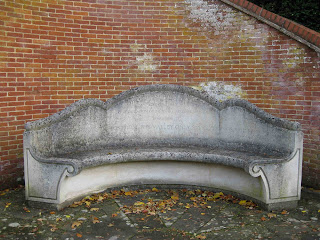G. K. Chesterton wrote a series of brilliant introductions to Dickens' books, including his Christmas books, which are well worth reading at this time of year. You can find the relevant introductions here and here.
As you might guess, they are eminently quotable, so I have had to restrict myself to just a few of Chesterton's comments here.
What he appreciates is that "Dickens devoted his genius in a somewhat special sense to the description of happiness. No other literary man of his eminence has made this central human aim so specially his subject matter."
Which is why he was so attracted to Christmas, almost despite himself: "All Dickens's books," he writes, "are Christmas books."
So what is so special about Christmas?
"Everything is so arranged that the whole household may feel, if possible, as a household does when a child is actually being born in it. The thing is a vigil and a vigil with a definite limit. People sit up at night until they hear the bells ring. Or they try to sleep at night in order to see their presents the next morning. Everywhere there is a limitation, a restraint; at one moment the door is shut, at the moment after it is opened. The hour has come or it has not come; the parcels are undone or they are not undone; there is no evolution of Christmas presents."
And why does the season matter?
"All comfort must be based on discomfort. Man chooses when he wishes to be most joyful the very moment when the whole material universe is most sad."
As he wrote about Dickens: "He may almost be said to have only written a brilliant introduction to another man's book."





